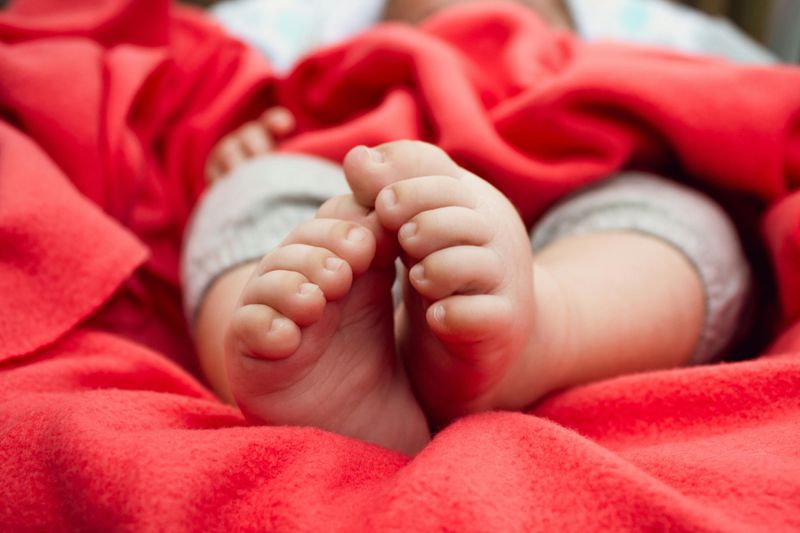May 23, 2024
No way, baby?
Grandparents are getting older
Many of my childhood memories were from time spent with my father’s parents. While my parents were working, gran and grandpa looked after me, my sibling, and our three cousins. They fed, entertained, and took us shopping. My parents would remark on our new clothes and shoes on our return home.
When I think about this time in my family’s life, I realize my grandparents were considerably younger than the grandparents of Generation Alpha, children born in the 2010s. The average age of marriage in Japan is now hovering at 30. The result is that on a baby’s arrival, the average grandparent today is about 10 years older than my generation.
In my neighborhood, I’m acquainted with a grandmother who provides childminding for her five grandchildren, making meals, and chauffeuring them to appointments, She has said to me that she wishes her children could have started families earlier.
Barriers to starting families

Photo Designecologist
The population under 15 years old has fallen again in 2024 and it looks like it will continue to plummet. A telling read is CNN’s report from last year about elderly parents stepping in to match-make their adult children. The barriers then as now are the rising cost of living and stressful working conditions. It’s no wonder people aren’t getting hitched and having children.
Tensions at work
On top of the economic pressures, Genkidesu told us about the rising criticism of 子持ち様, komochisama, “their lordships/ladyships with children”. The term uses a polite prefix and appends an honorific as a pejorative for parents who leave work to care for their children. It’s a symptom of the gap between those who have children and those who don’t and the work culture.
Perhaps the heart of the issue is Japan’s work culture of presenteeism and dependence on employers rather than government agencies and subsidies to provide support for working families. The chatter on social media reveals that mothers doing most of the child care are bearing the brunt of the criticism with some expressing guilt at taking paid or childcare leave to take care of their kids. One argument raised by an NHK commentator is that everybody should be able to take their mandated leave without criticism, and if fathers take leave for childcare the pressure on mothers could be reduced.
Genkidesu enumerated reasons why Japan is a great place to raise children. When I ask my younger colleagues and friends, many in multicultural relationships, if they want to raise their kids elsewhere, they prefer Japan as a good environment for families.
Is Japan squandering its great environment and safety reputation? How can Japan relieve the pressure on young people so they can start families? How does the issue affect you?



2 Comments
helloalissa
on May 24
One reason not to have kids might be the bullying of non-Japanese and "half" kids. I think it depends on the area but hopefully this has improved with the increasing number of non-Japanese making their home Japan. I do agree it wouldn't be as worrysome here as raising kids in the US, safetywise and financially.
TonetoEdo
on May 24
@helloalissa From talks with parents who raise bicultural or bilingual children, and my students who are bicultural and bilingual, or have some foreign ancestry, bullying can be an issue, sure. But does it hold multicultural families back from having kids? Perhaps some of the non-Japanese parents who correspond here can provide some insight!